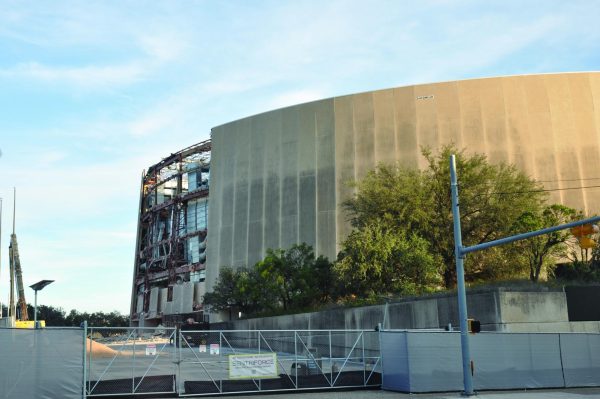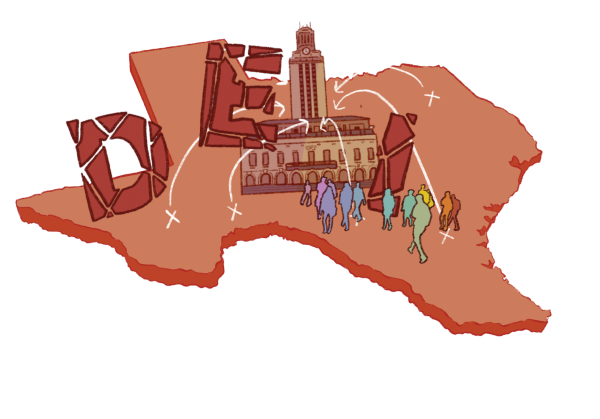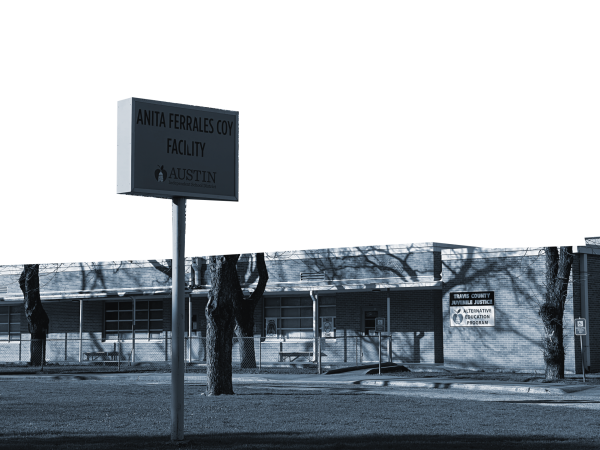Travis Public Defender’s Office
February 18, 2020
In 1963, the landmark Supreme Court case Gideon v. Wainwright ended in a unanimous decision: states must provide indigent defendants, or defendants that cannot afford a lawyer, with an attorney free of charge. Depending on the location, the way in which this is done can vary. Some localities, such as Travis County, have found that the most efficient method of assigning a lawyer to a defendant is through the use of a public defender. A public defender is a government employee whose sole job is to represent indigent clients. However, due to the costs of setting up an office, Travis County has been one of the largest counties in the United States without a public defender’s office.
Mark Widoff is a former consumer advocate for the state of Pennsylvania. He has also taught a class about the American legal system at Penn State University. Widoff said that Gideon v. Wainwright was crucial to the current system of representation in court.
“The Supreme Court decided that under the Constitution, a criminal defendant has a right to counsel,” Widoff said. “In the United States, we had a practical problem, which was ‘how are we going to provide attorneys for criminal defendants all over the United States when many criminal defendants up to that time did not have counsel?’ In many localities, attorneys volunteered because many criminal defendants did not have the money to pay for an attorney.”
However, Widoff said that volunteers could not sustain the number of indigent clients in the United States. This led to the creation of the public defender’s office.
“Those offices can be found all over the country, are funded with public funds, and the people who work there are employees of the county in which they are located,” Widoff said. “They are paid with tax money, and their job is to provide legal counsel to defendants who cannot afford a lawyer.”
Recently, Travis County has been taking steps towards establishing an official public defender’s office, including a $48 million grant in August of 2019. Roger Jefferies is the County Executive for Justice and Public Safety, and his position will put him in charge of the new public defender’s office when it opens.
“We are one of the largest counties in the country that does not have a full-blown public defender’s office,” Jefferies said. “We believe that a public defender’s office will help us improve the outcome for indigent defendants who are caught up in the justice system.”
Although Travis County does not have a public defender’s office, it is still required to provide indigent clients with an attorney. This is done through a process where judges appoint private lawyers to represent these clients.
“Right now we have what’s called a managed assigned counsel through the capitol area private defender service,” Jefferies said. “We’re also hoping that as the public defenders rolled out and as we work to improve outcomes for defendants that are represented by the public defender, that concurrently we’ll be working to make sure that those same good outcomes are happening with those who are defended by the private attorneys through the capillary private defender service.”
LASA social studies teacher, Ronny Risinger, teaches Constitutional Law, Street Law and Mock Trial. Risinger said that having private attorneys is not beneficial given Travis County’s population.
“The main thing I would argue is that a public defender’s office for a city the size of Austin, where there is a large indigent client base, really is to the benefit of society,” Risinger said. “You’re going to have a professional group of people dedicated to serving the needs of the poor and giving them fair legal representation.”









